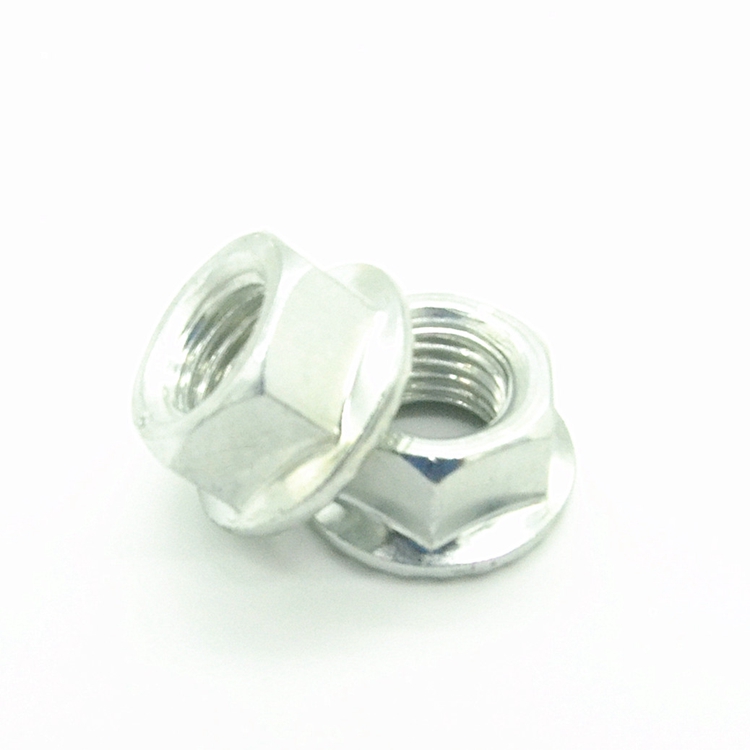Finding Reliable Factories for Alternator Bolt Production and Supply Needs
Nov . 10, 2024 09:51 Back to list
Finding Reliable Factories for Alternator Bolt Production and Supply Needs
The Importance of Alternator Bolts in Automotive Manufacturing
In the automotive industry, the alternator plays a crucial role in ensuring that the electrical system of a vehicle operates efficiently. It is responsible for generating electricity to recharge the battery and power the electrical components of the vehicle while the engine is running. However, the alternator cannot function properly without the crucial component that holds it in place the alternator bolts. This article will delve into the importance of alternator bolts, the manufacturing processes involved, and their significance in maintaining vehicle performance.
The Function of Alternator Bolts
Alternator bolts are specialized fasteners designed to secure the alternator to the engine block. These bolts ensure that the alternator remains stable and properly aligned during vehicle operation. If the bolts are loose or compromised, the alternator can vibrate excessively, which can lead to premature wear and tear, reduced performance, or even complete failure. Therefore, the quality and reliability of alternator bolts are paramount in the overall function of a vehicle's electrical system.
Manufacturing of Alternator Bolts
The production of alternator bolts involves several key steps, and it is essential for manufacturers to adhere to stringent quality control measures. The manufacturing process typically begins with selecting the right materials, which are usually high-strength steel alloys. These materials are chosen for their durability and resistance to corrosion, ensuring that the bolts can withstand the harsh operating conditions of an automotive environment.
Once the materials are selected, they undergo a forging process, where they are shaped into rough cut bolts. This step is crucial as it determines the strength and integrity of the final product. After forging, the bolts undergo heat treatment to increase their hardness and tensile strength, making them capable of withstanding significant stress.
Following heat treatment, the bolts are machined to achieve precise dimensions. This step includes drilling and cutting to ensure that the bolts fit perfectly into the alternator assembly. Following machining, the bolts are typically subjected to a surface treatment process, which may include plating or coating to enhance corrosion resistance and improve appearance.
alternator bolts factories

Quality Control
Quality control is critical in the manufacturing of alternator bolts. Manufacturers often employ rigorous testing methods to ensure that each bolt meets industry standards. This may include tensile testing, where bolts are subjected to immense pressure to test their strength, and fatigue testing, which evaluates how the bolts perform under repeated stress. Additionally, manufacturers often implement a traceability system, allowing them to track the origin of raw materials and the production process.
Impact on Vehicle Performance
The importance of high-quality alternator bolts cannot be overstated. A secure alternator means that the electrical system can maintain optimal performance, ensuring that the vehicle's battery remains charged and the various electrical components function without interruption. In contrast, low-quality or improperly fitted bolts can lead to significant issues such as electrical failure, increased repair costs, and potential safety hazards.
Additionally, if alternator bolts are not regularly inspected and maintained, they can become loose over time due to vibrations from the engine, leading to misalignment of the alternator. This can cause further damage to the alternator and the overall electrical system, highlighting the need for regular maintenance checks.
Conclusion
In the landscape of automotive manufacturing, alternator bolts may seem like small components, but their significance cannot be overlooked. They play a vital role in securing the alternator to the engine, ensuring the seamless operation of a vehicle's electrical system. Quality manufacturing processes and stringent quality control measures are crucial to produce reliable alternator bolts that can withstand the demanding conditions of the automotive environment. As the automotive industry continues to evolve, the focus on the importance of every component, including alternator bolts, will remain a priority for manufacturers aiming to deliver safe and dependable vehicles.
Latest news
-
High-Quality Panel Stud Bolt Reliable Panel Stud Bolt Factory & Suppliers
NewsJul.08,2025
-
High-Precision Fine Thread Locknuts Manufacturer & Supplier Custom Solutions
NewsJul.08,2025
-
PH Imperial Stud Bolt – High Strength Fasteners from Leading Supplier & Factory
NewsJul.07,2025
-
High-Quality Allen Wrench Bolts Leading Factory, Company & Suppliers
NewsJul.07,2025
-
Wholesale Ball Stud Bolt - High Quality Supplier & Factory Price Reliable Wholesale Ball Stud Bolt Company
NewsJul.06,2025
-
High-Strength Alloy Bolts Manufacturer & Supplier Quality Alloy Fasteners Factory
NewsJul.06,2025
